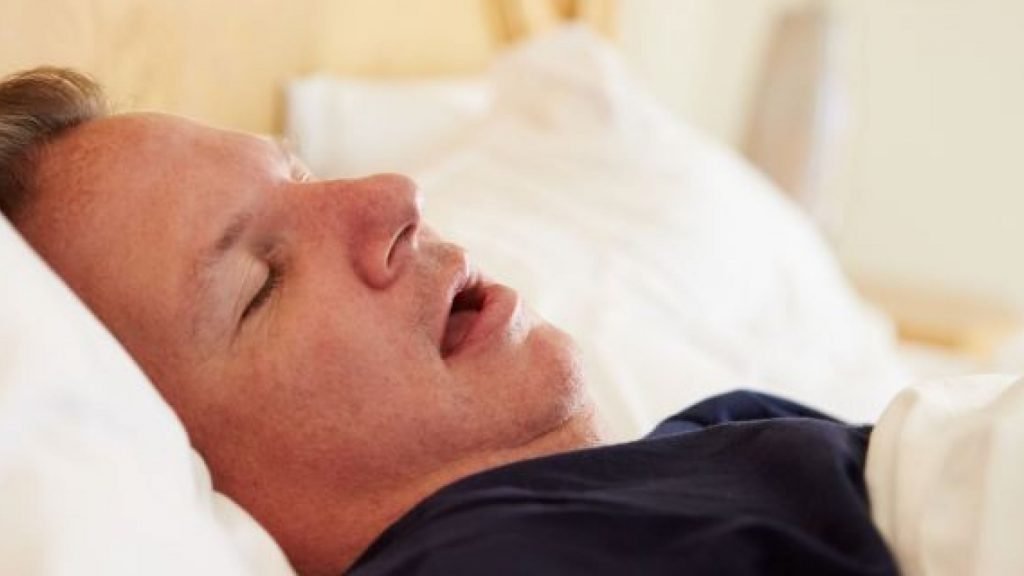A 42-year-old, Delhi based, House wife, weighing 156 kg, walked into the Weight Loss Clinic for a weight loss consultation. Not only was she diabetic and hypertensive, but also suffered from severe Obstructive Sleep Apnea (OSA). It was not only affecting her personal life but also had a detrimental effect on her day to day routine. So severe was her sleep apnea that she would be tired all day long. For the last 5 years the CPAP machine (to help her breathe) had been her constant companion and saviour. Her resting Oxygen Saturation was 35%.
She is only one, of the 90 % patients who suffer from this fatal condition. Though sleep apnea is mostly prevalent in males, obese females are prone to be affected by this condition too.
Obstructive Sleep Apnea (OSA) is a chronic condition in which the airway of the body collapses or gets blocked during sleep. This causes shallow breathing or breathing pauses. The breathing pauses could last from a few seconds to a few minutes. This condition most commonly affects obese individuals. Though OSA generally goes undiagnosed; it is a serious life threatening condition. The higher the weight, the greater is the risk of developing OSA.
The most common symptoms of OSA are snoring, excessive day time sleepiness, extreme fatigue, and lethargy after waking up. Individuals suffering from OSA are also at a greater risk of high blood pressure, cardiac arrhythmias, and heart failure; which when coupled with obesity, is an almost fatal concoction. Motor vehicle accidents and sudden death during sleep are the most dreaded consequences of OSA. The severity of OSA is determined by the parameters measured through a nocturnal polysomnography (sleep study test).
The CPAP machine is the initial treatment for OSA. However, compliance is low, with only about 50% of patients actually using the devices regularly. Weight loss of more than 10% of body weight is required for the remission of OSA. Realistically speaking, this kind of weight loss is sustainable only by very few patients. The most effective and sustainable treatment for weight loss is bariatric surgery. Post bariatric surgery, most patients are able to wean themselves off the CPAP machine within1-3 months of surgery. Two years after bariatric surgery the remission rate of OSA is 90–95 %.
Soon after her Obesity Surgery, Oxygen Saturation was 98% and did not require outside Oxygen Support. Today she’s lost more than 50 kgs in 4 months and has better quality of day to day life as she is no longer suffering from OSA.
OSA is one of the many morbid conditions associated with obesity, which adds to the complications of this growing epidemic. All obese patients should necessarily be evaluated and screened for OSA; as bariatric surgery is by far the most effective solution for remission of OSA. Obese patients with OSA should consider obesity weight loss surgery as a viable treatment option and take their second chance at a better life!

